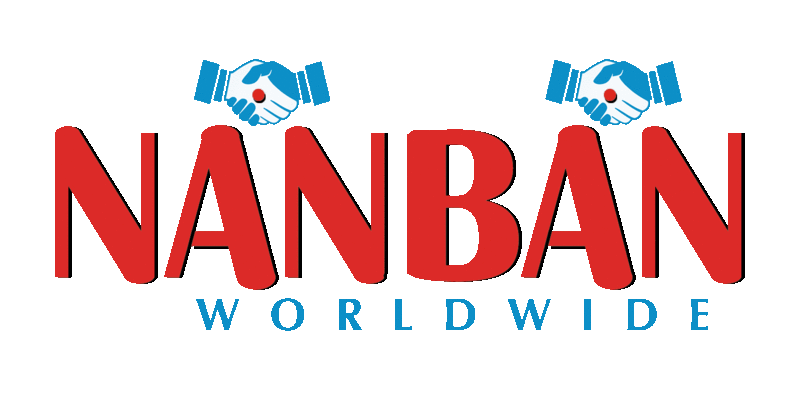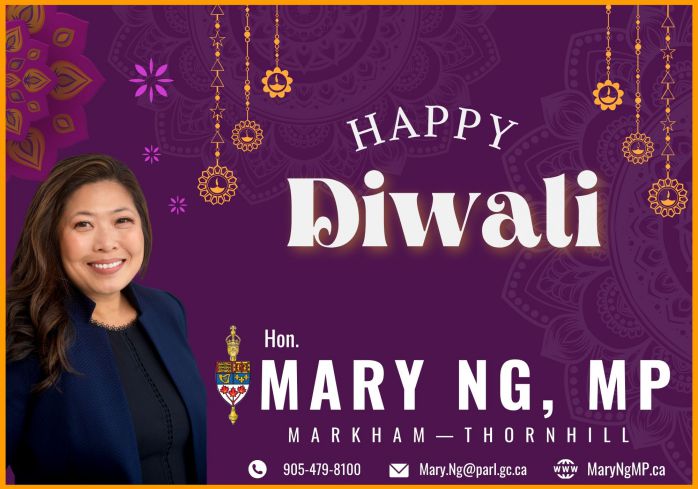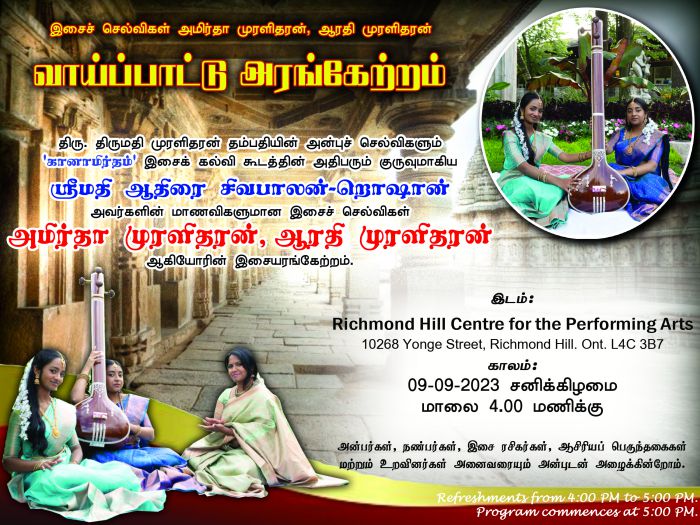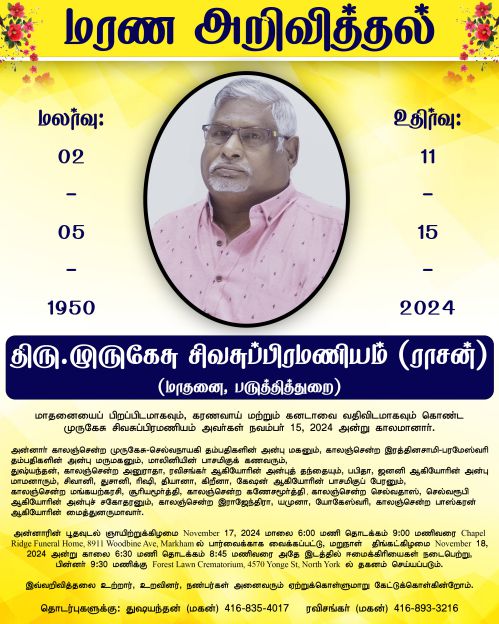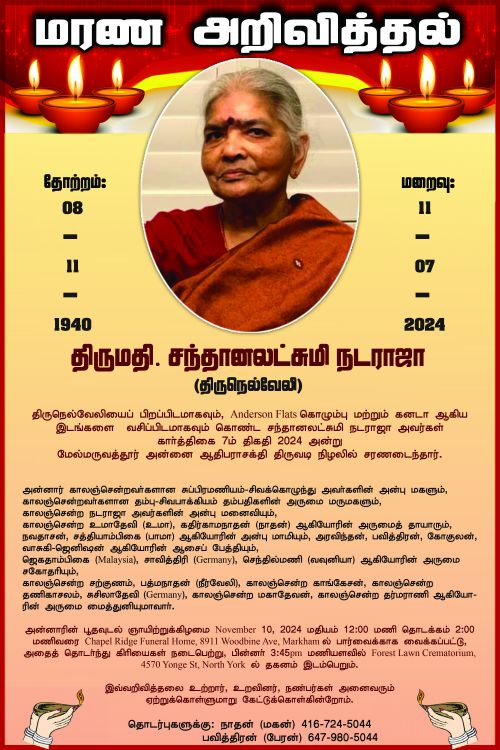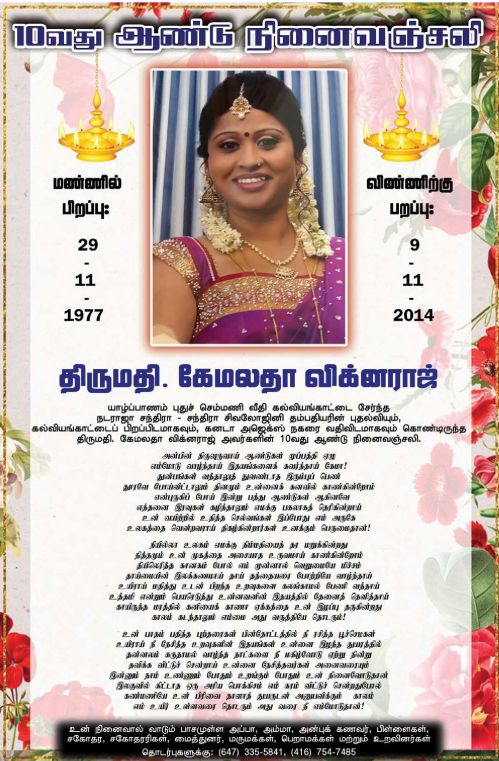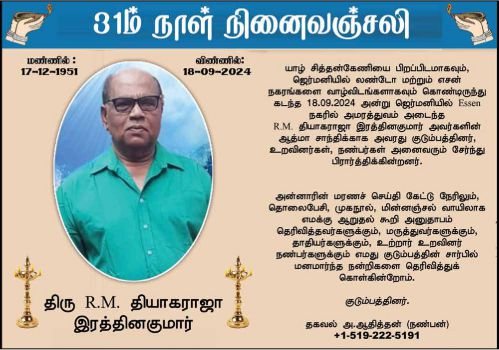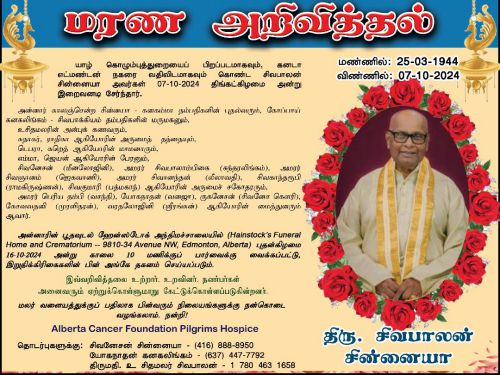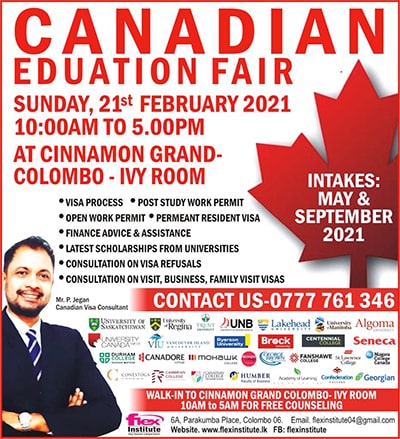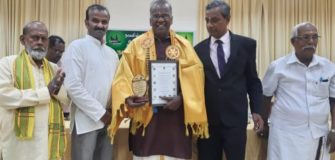Sri Lankan state brutality paralyzes a Tamil man as he wins a landmark case in the UN
Share
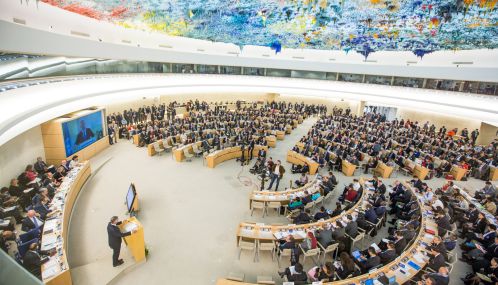
Siva Parameswaran
A former LTTE cadre who has won a landmark ruling in the UN Human Rights Committee has been told by doctors that “he will go paralyzed soon due to injuries to his backbone caused by torture in Sri Lanka” one of his attorneys has said.
Sri Lanka has come in for scathing comment from the UN Human Rights Committee when it unanimously passed a resolution stating the rights of a former LTTE cadre had been violated.
The said former LTTE cadre only identified as VM in the legal documents has submitted to the UN body that he was brutally tortured in 2009 before he fled to Switzerland for the safety of his life.
The committee comprising of 17 members has concluded that the victim was brutally assaulted, tortured, and subjected to inhuman treatment while in detention and was denied the right to an effective remedy.
“Covenant rights have been violated. Accordingly, the state party (Sri Lankan government-GOSL) is obligated, inter alia, to take appropriate steps to: (a) conduct a thorough, impartial, independent, and effective investigation into the facts submitted by the author; (b) prosecute, try and punish those responsible for the author’s torture, and make the results of such measures public; and (c) provide adequate compensation and appropriate measures of satisfaction to the author for the violations suffered”.
Commenting further the members of the committee further said “The state party (GOSL) is also under an obligation to take steps to prevent similar violations in the future”. The UN committee has also stressed that GOSL should amend the legislation and statutes of limitations in accordance with international standards and by prescribing sanctions and remedies for the offence of torture commensurate with the gravity of such crimes and consistent with its obligations.
GOSL has been given 180 days to reply to the measures taken to give effect to the Committee’s views. Also, any measures taken should be an effective and enforceable remedy, when it has been determined that a violation has occurred.
Apart from replying to them within the stipulated period, GOSL has also been directed to publish their views and have them disseminated in the official languages-Sinhala and Tamil.
The committee has also gone on record citing “Lack of cooperation by the state party”.
In spite of constant reminders in 2018, 2019, and 2020 for the GOSL to submit its observations on the admissibility and merits of the complaint there was no response. Even subsequent reminders to the State party to reply on time were ignored the committee has regretted.
“The Committee regrets that the State party has failed to timely respond to these requests and to provide any information with regard to the merits of the author’s allegations”.
The fact is the GOSL was not even prepared to look into the merits of the complaint when it was requested to examine all the allegations brought against them in good faith; which is obligatory under the accepted international norms (4(2) of the Optional Protocol on such issues where allegations are made against the state.
In the absence of a reply from the GOSL seeking to make available to the Committee all the information at their disposal, the 17 members unanimously decided that “due weight must be given to the author’s allegations, to the extent they are sufficiently substantiated”.
Geeth Kulasegaram, a London-based Attorney who was part of the legal team of VM tweeted “Ex LTTE cadre won case @UN HRC (International Covenant on Civil and Political Rights) 17 Judges found Sri Lanka guilty of torture, rape. Order to punish perpetrators & pay compensation”
Human Rights activists point out that even a UN body has taken 9 years to arrive at a decision in a clear case of severe torture and abuse by the state, in this case, GOSL. VM filed his case with the Human Rights Committee in 2014.
VM filed a case alleging that he was abducted in January 2009 and subsequently tortured for his connection with the LTTE. Also, he was told by the Criminal Investigation Department (CID) that he needed to work for the authorities to work as an ‘LTTE informant’, which he refused to do so. Following his refusal, the brutality of the torture increased to inhuman levels. His statement that he left the LTTE in 2000 was not in contact with them for over 9 years at that time, the CID did not believe him and continued with their ‘usual treatment’.
The victim in his testimony to the UN has stated that the CID officers hit him with a cricket bat and wickets on his hip and shoulders, inserted pins through his nipples, tied a nylon rope around his toes and pulled him upside down, and submerged his head under water up to ten minutes.
As the alleged torture continued over the next day, he was forced by a CID officer to sign a statement in Sinhalese, which he could not understand. While the victim continued to deny any current link with the LTTE the torture by the CID continued unabated according to the UN documents. In his complaint, the victim VM has spoken about the brutalities he continued to endure in the custody of the CID. According to him, he was hit with pipes, had sharp objects inserted into his anus, was forced into a freezer room apart from being subjected to electric shocks, and in sadistic brutality by the CID inserted a metal rod into his penis.
Taken to a military hospital he had 18 stitches to his intestines. VM further alleges that even the doctor warned him not to say he was tortured. Denied a Tamil interpreter, he was ultimately released after paying a bribe, the documents say. After seven months, in July 2009, he was granted an entry visa to Switzerland and subsequently became a permanent resident and was granted refugee status.
Swiss doctors diagnosed him with Post-Traumatic Stress Disorder and erectile dysfunction and incontinence as a result of the torture and rape he endured in Sri Lanka.
